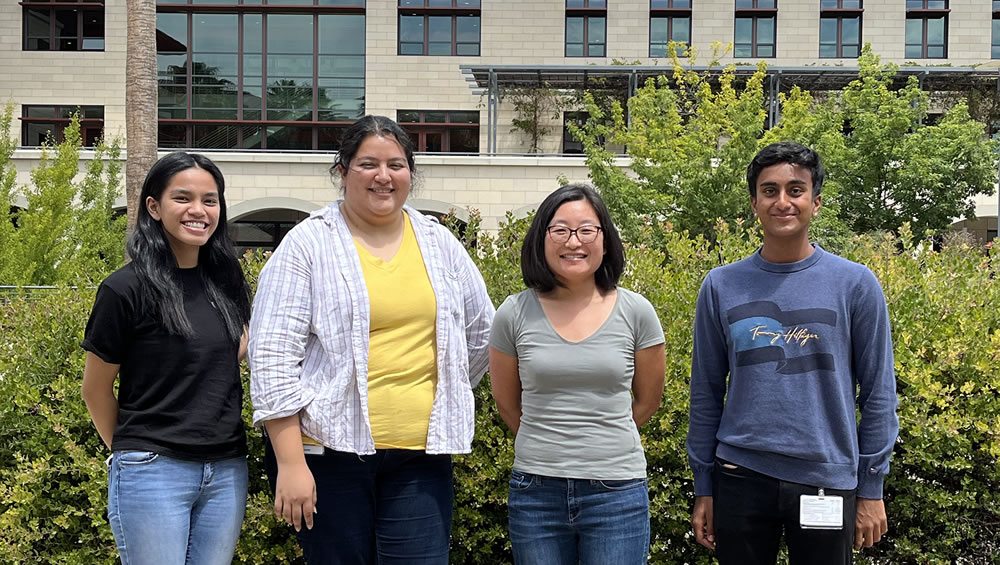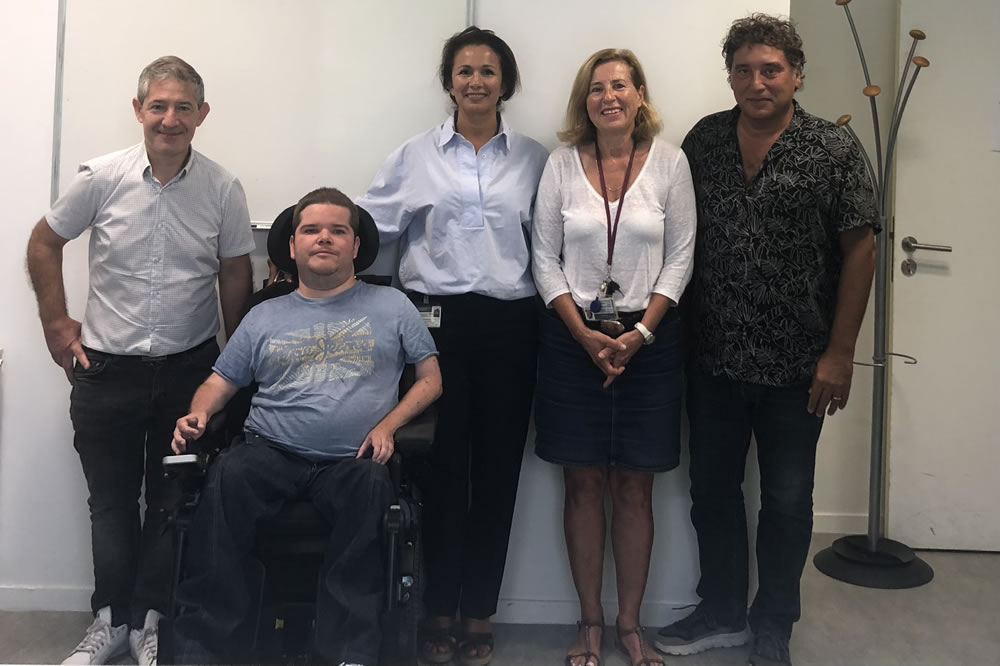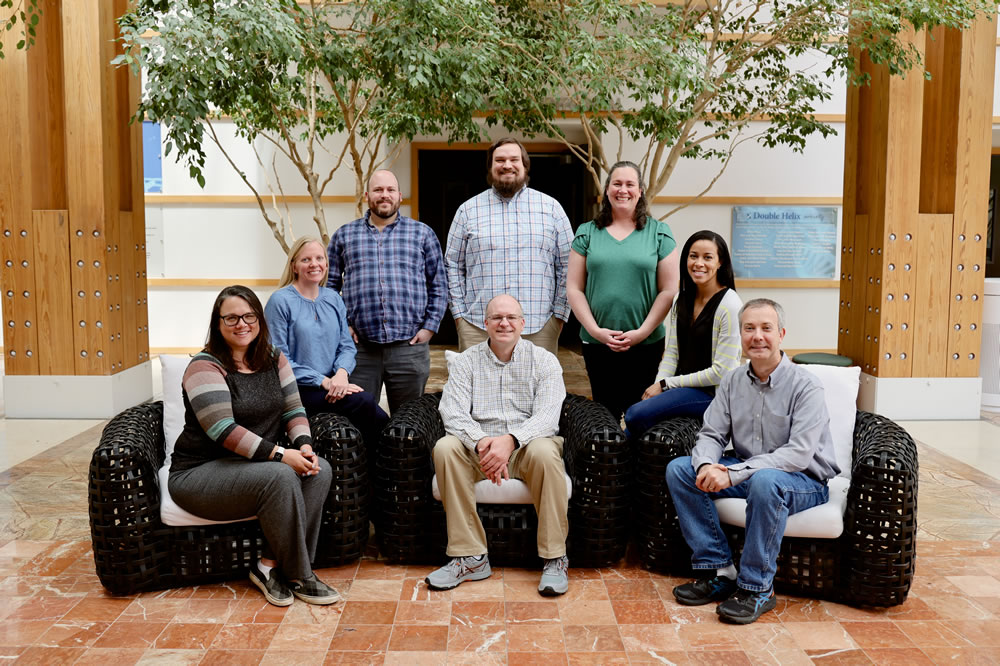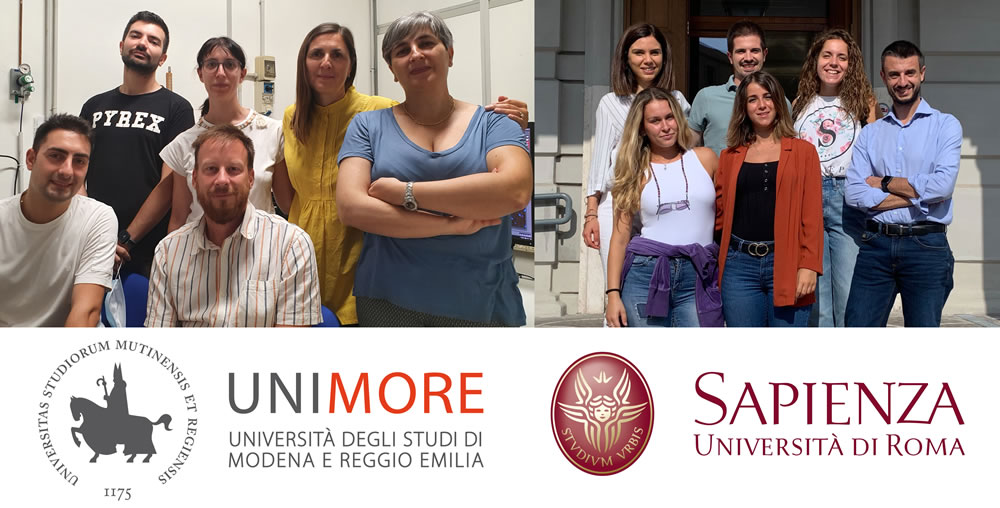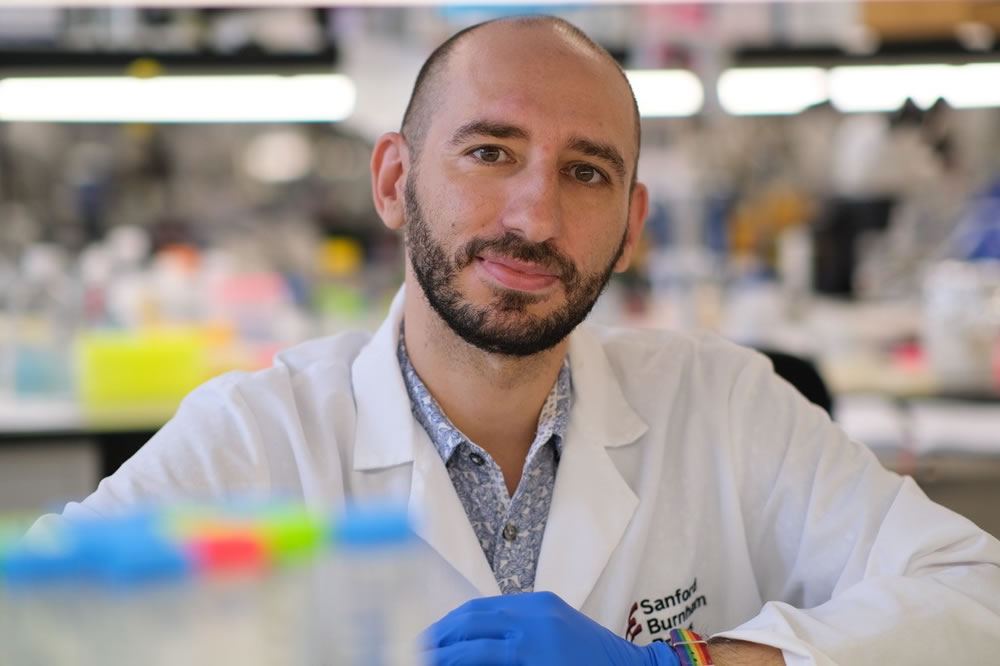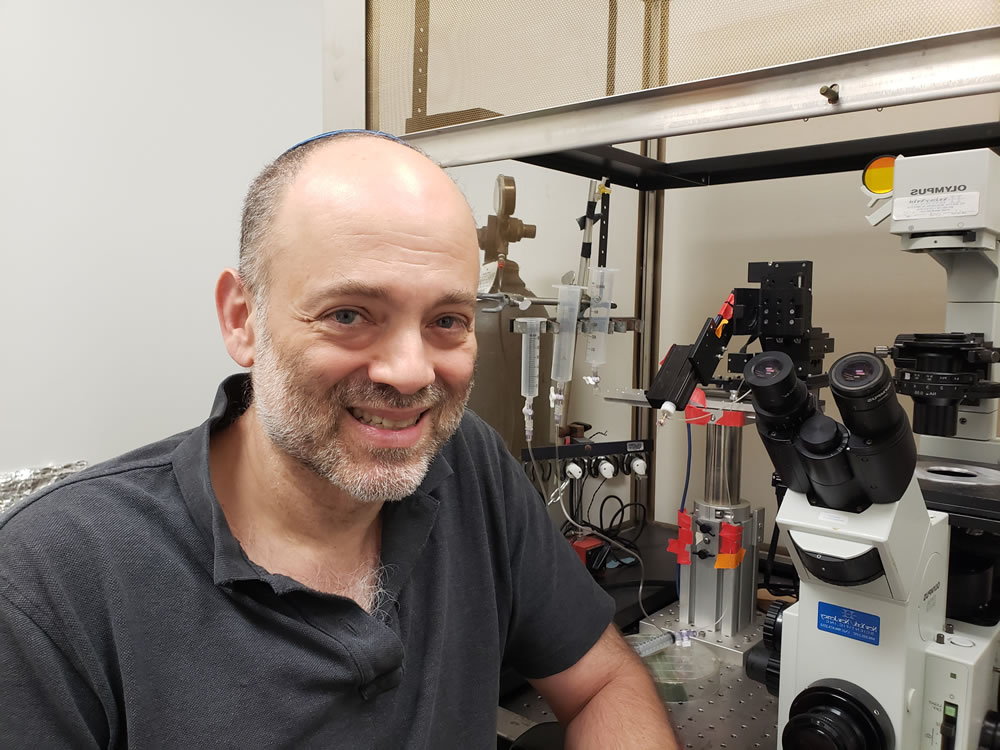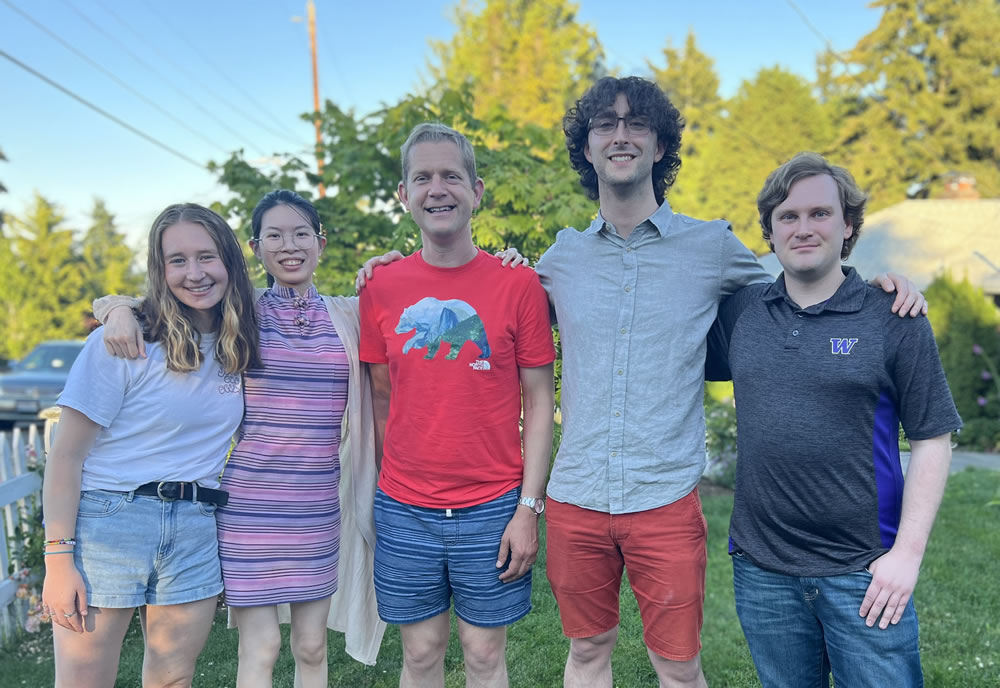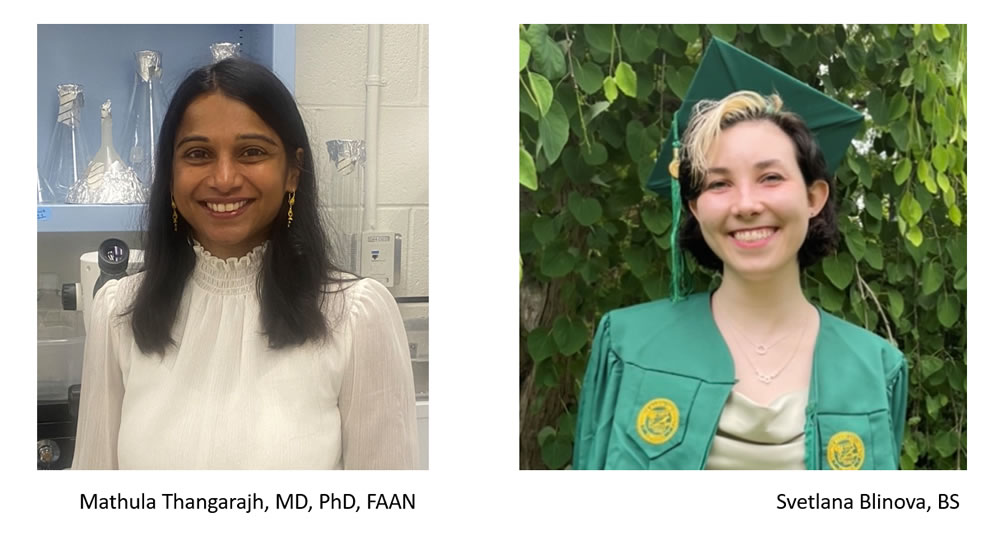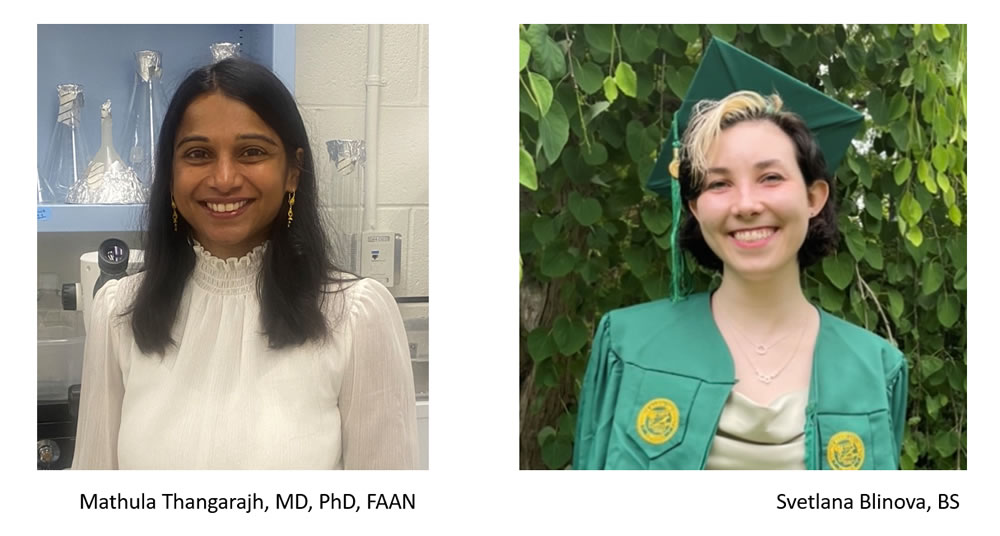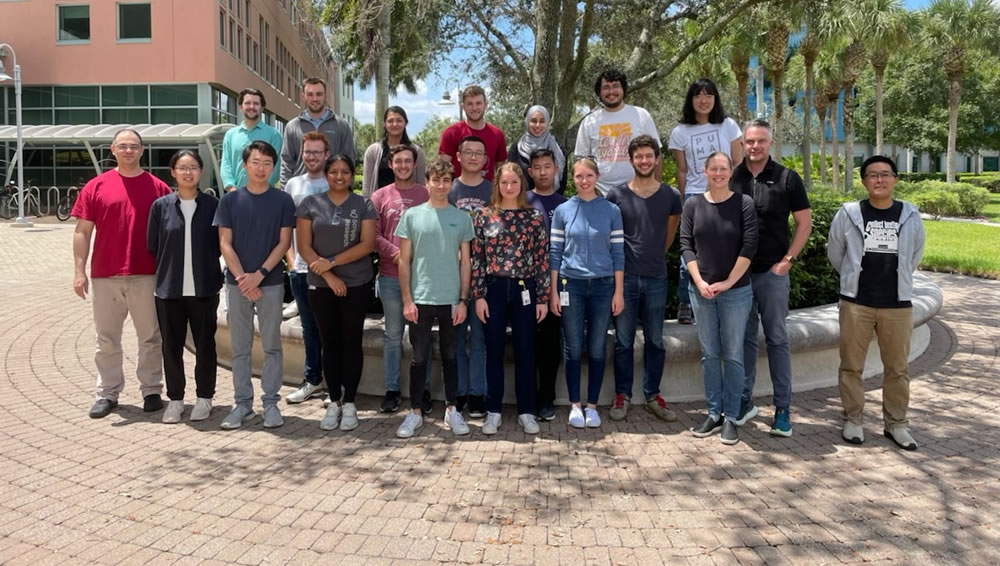MDA Resource Center: We’re Here For You
Our trained specialists are here to provide one-on-one support for every part of your journey. Send a message below or call us at 1-833-ASK-MDA1 (1-833-275-6321). If you live outside the U.S., we may be able to connect you to muscular dystrophy groups in your area, but MDA programs are only available in the U.S.
Identification of genetic modifiers for C9ORF72-ALS/FTD
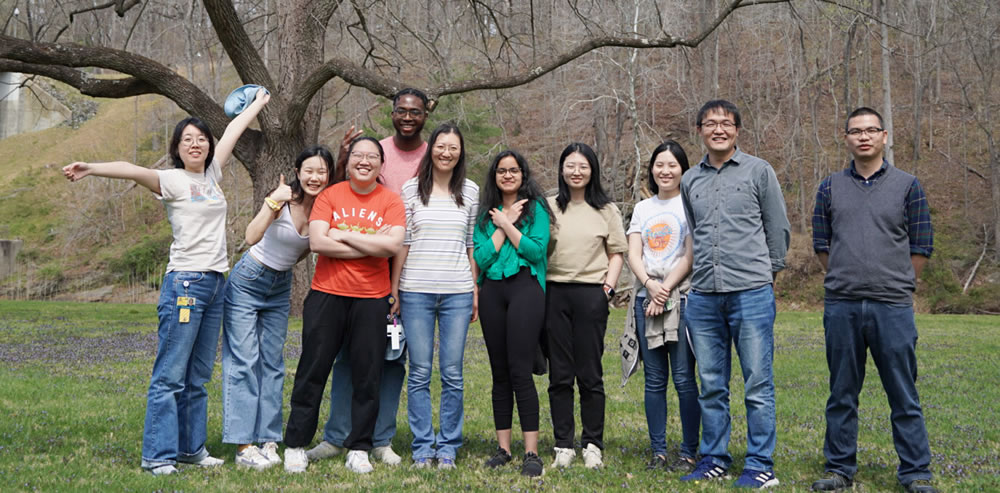
A hexanucleotide repeat expansion in the C9ORF72 gene is the most common genetic cause of amyotrophic lateral sclerosis (ALS) and frontotemporal dementia (FTD), two adult-onset progressive neurodegenerative diseases. One of the major hypotheses for toxicity is the accumulation of dipeptide repeat (DPR) proteins produced by RNA repeats. There were many studies unraveling the toxicities by different DPRs. In particular, poly-GR is one of the most toxic DPRs and is found to correlate with neurodegeneration in C9ORF72-related ALS, implicating the contribution of poly-GR to the disease etiology. Therefore, we performed a genetic screening in human neurons to identify modifiers that regulate the poly-GR mediated toxicity. I identified and validated one candidate modifier, knockdown of which strongly improved the survival of the poly-GR expressing neurons. I now propose to further decipher the neuroprotection mechanism, and validate the rescue efficacy in both C9ORF72-ALS patient-derived neurons and the mouse model. This study will provide novel insights on disease mechanisms and potential therapeutic target.
https://doi.org/10.55762/pc.gr.157004
Grantee: Zhe Zhang, Ph.D
Grant type: Development Grant
Award total: $210,000
Institution: Johns Hopkins University School of Medicine
Country: Maryland, United States

